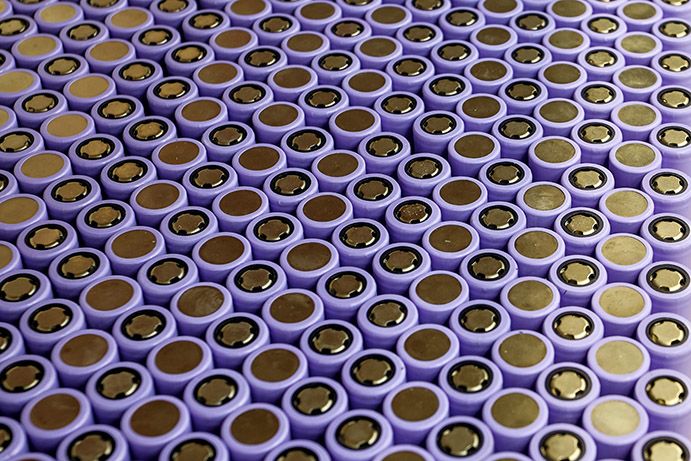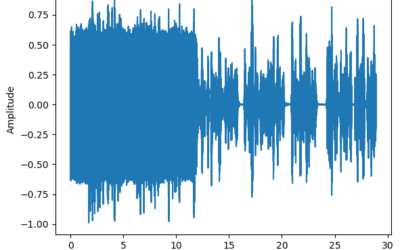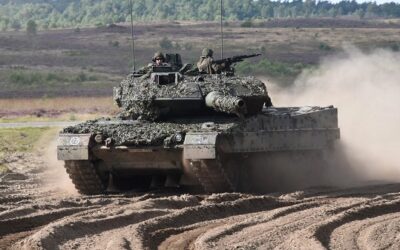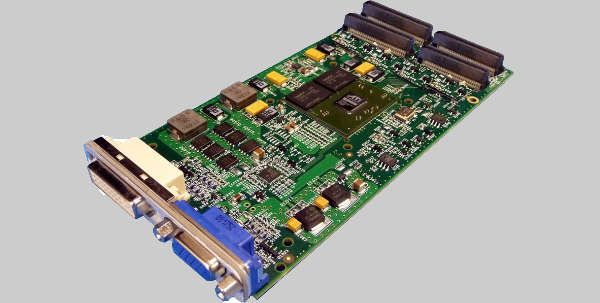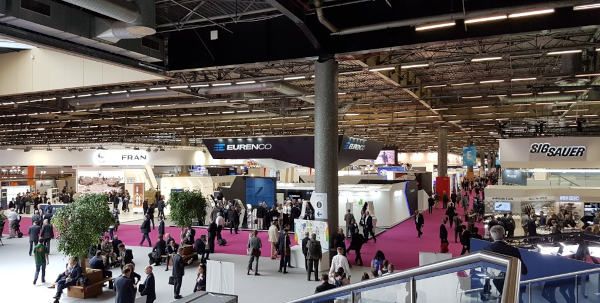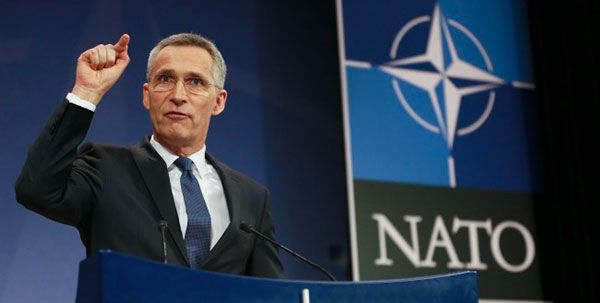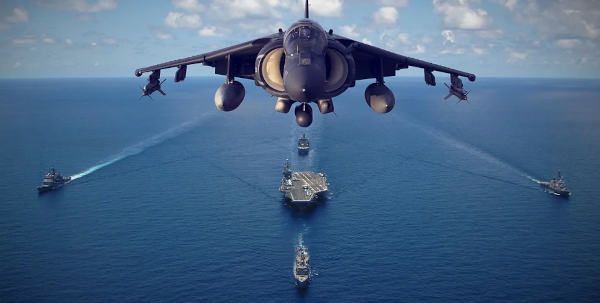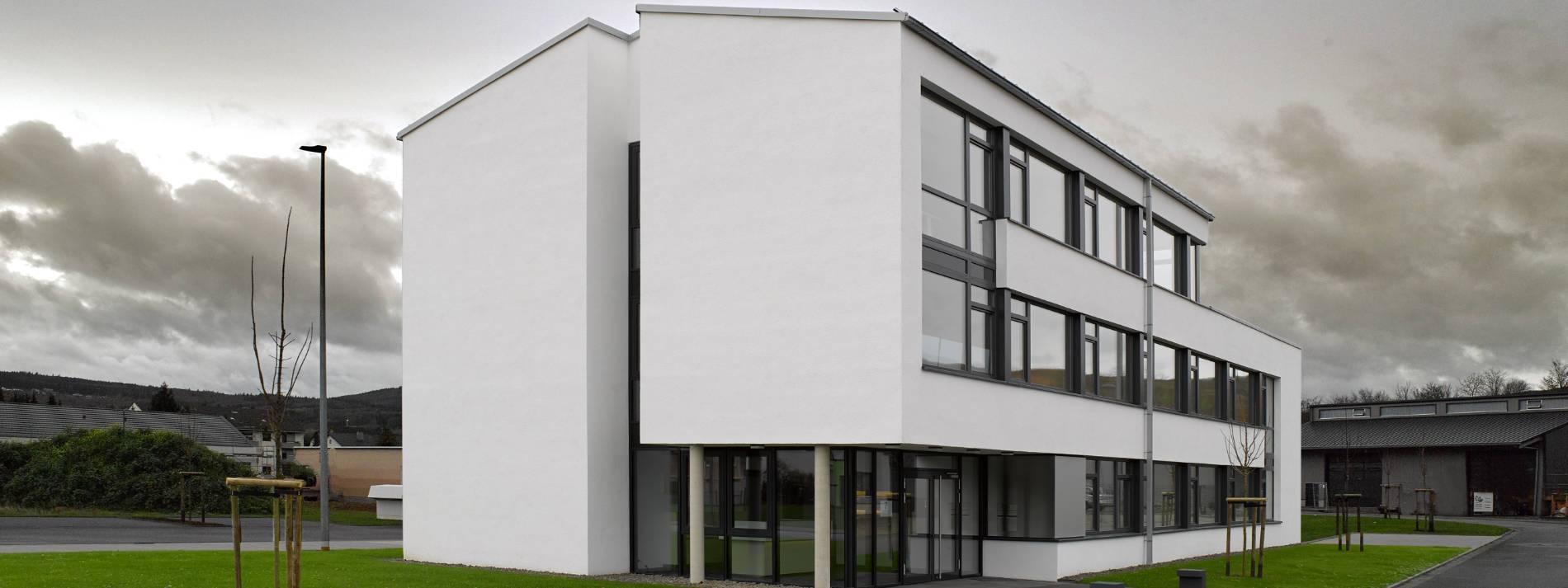Lincad’s Joint Managing Director Peter Slade Answers
With this post, MONCh launches a new regular column entitled “The 3-2-1 Interview.” Taking the same three questions every time, the idea is to interview senior executives from smaller companies – those in the middle of the supply chain – and thereby determine the health, agility and sustainability of our industry over the long term.
’Small but perfectly formed’ is a description that can justifiably be applied to Lincad Limited. A privately-owned company based near Farnborough in southeastern England, it has established an enviable reputation as a leader in battery systems, design and engineering. Joint Managing Director Peter Slade answers Tim Mahon’s (MONCh’s UK-based Special Correspondent and Editor of MÖNCH TRAINING & SIMULATION CHANNEL – MTSC) questions in a brief but illuminating interview.
MONCh: What are your three most important products or services?
P. Slade: Our overall service is the design and manufacture of bespoke batteries and chargers, mainly for military applications, in which the challenging demands necessitate high environmental and thermal performance and a high degree of electromagnetic compatibility. Second, we produce what we term ‘intelligent’ batteries and chargers that provide diagnostic information. This helps understand the use – and occasional abuse – to which our systems are put. Third, we provide a ‘cradle to grave’ service: we design, manufacture, support (in terms of maintenance, repair and upgrade) a wide range of interrelated products and also provide a battery storage and disposal service for customers that require them.
We supply direct to the MoD, which we are proud of as a company of just 40 personnel: we think we punch above our weight in this respect. We also supply a significant number of the major prime defence contractors, with whom we have longstanding and close relationships: BAE Systems, Leonardo, Thales and Northrop Grumman to name a few.
We are particularly proud of our CARAVEL Mk2 charger. Recent changes in air transport regulations mean that the transport of lithium-ion batteries becomes problematic unless they are below 30% state of charge. We took an established product that had proven itself over many years and modified it to incorporate the very latest technology, allowing it to function with any battery of any chemistry. Importantly, it now incorporates a transport mode to take lithium-ion batteries to the correct state of charge to allow them to be flown.
MONCh: What are the two biggest challenges you face and how have you overcome them?
P. Slade: We are in the business of assembling battery systems from component cells and we are agnostic in terms of cell supplier: we are not wedded to any particular supplier or, indeed, any specific chemistry – although it is fair to say much of our business is very much focused on lithium-ion because that is where the demand currently lies. So our first challenge centres on cell technology. Not a month goes by – sometimes it seems not a week passes – without some new development in cell design or electrochemistry. Our challenge is to keep abreast of those changes.
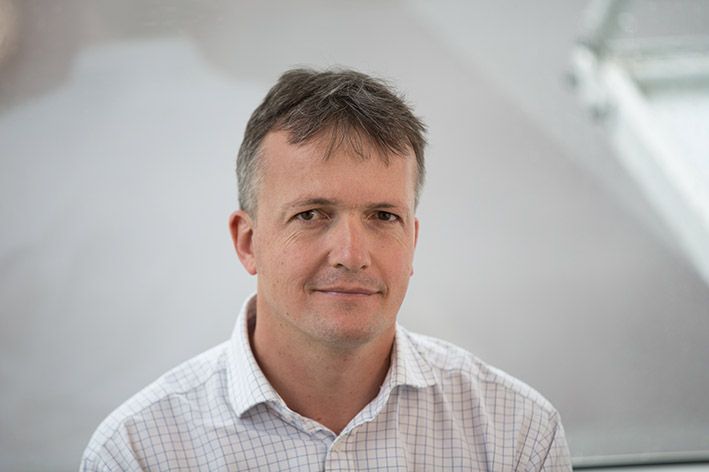
We have achieved this, in large part, by establishing very good relationships with a large number of the major cell suppliers. In many cases we have access to their future roadmaps so we know what is anticipated in terms of cell performance and in some cases we get early samples of next-generation cells so that we can test and evaluate them and engineer our systems appropriately. So we are constantly pushing the limits of what can be achieved with battery technology and whatever happens in the future, we are likely to be at the forefront of progress.
Our second major challenge is mainly a commercial rather than a technology-focused one. As an SME (small and medium sized enterprise) we compete directly in a niche sector – albeit one in quite a large market. We need to maintain and, where possible, improve our competitive edge. The fact that for over 30 years we have maintained those excellent relationships with our suppliers that I just referred to helps enormously – as do our equally well-honed relationships with major customers. But we need to look within as well: we have always tried hard to maintain a lean and efficient manufacturing process and that is certainly an additional string to our bow. So, too, is the constant attention we pay to ensuring we reduce overheads across the whole of the organisation. The biggest thing, though, is our people. We are good at attracting quality personnel, directing and upskilling them so that they can contribute to the maximum extent possible – an essential in a small business like this one. We are also always on the lookout for instances in which judicious capital investment can move us forward.
MONCh: What is the single largest change coming in your marketplace? How are you addressing it?
P. Slade: Over the last 5-10 years we have reached a tipping point as far as electric vehicle technology is concerned. Wherever you look, governments, regulators, manufacturers, suppliers and consumers are gearing up for a world in which the internal combustion engine becomes a definite rarity. We are not currently directly involved in that market, but nevertheless it is likely to affect us because there will be significant changes as cell manufacturers forge close tie-ins with automotive manufacturers and new players enter the market – especially in Southeast Asia. We are already building relationships with some of these new players because we need to ensure continuity and reliability of supply.
Fortunately the British government has become very serious about investing in battery technology through the Faraday Battery Challenge, which we are getting involved in. Given the origins of lithium-ion battery technology here in the UK, it’s interesting to consider this as something of a homecoming!
In November 2017 the government announced an investment of £120 million (€137 million) in a flagship programme, known as the Faraday Battery Challenge, aimed at making the UK a world leader in the development and manufacture of advanced technology batteries and associated products. Two thirds of the funding will be invested in the creation of a new state-of-the-art automotive battery development facility in the West Midlands – the first facility of its kind in the United Kingdom.
MONCh: Thank you.
